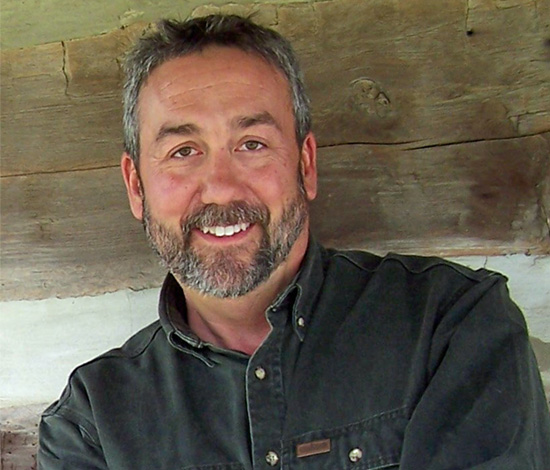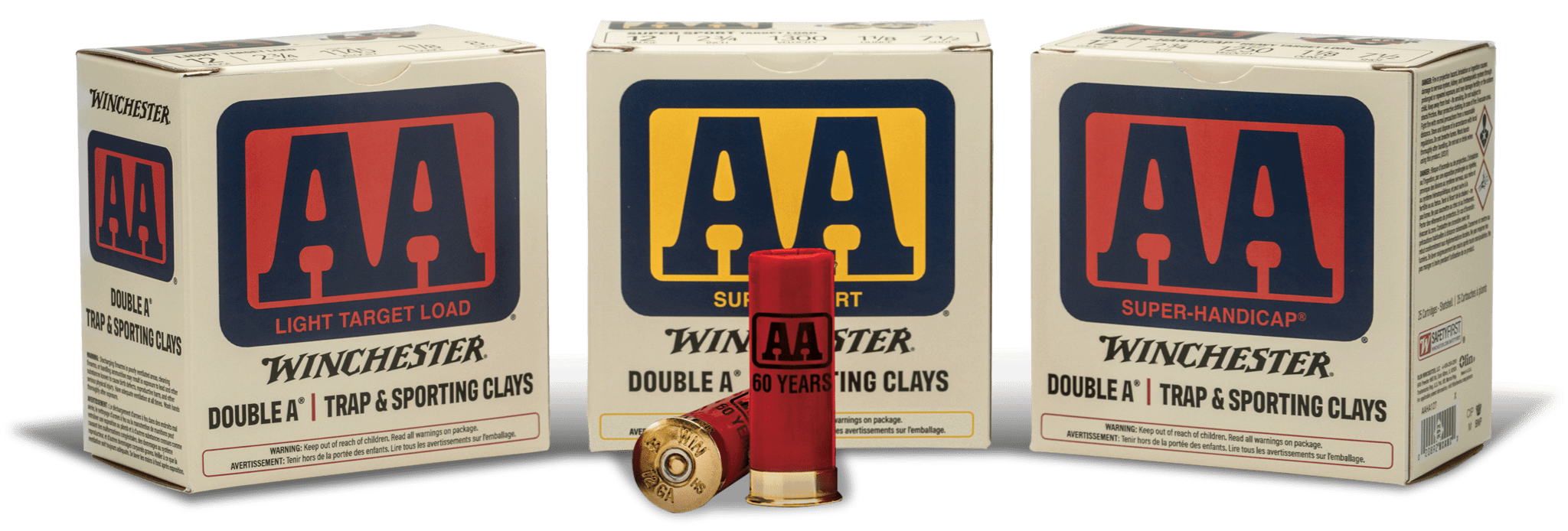Easy Ways to Make Wild Ducks Taste Better by Scott Leysath
You’ve probably heard about it, but perhaps you think that brining is a complicated, time-consuming process. To simplify, a brine is a liquid that will replace duck blood, or the blood of any other animal, with a mildly salty solution.
It adds moisture and flavor and mellows out — not disguises — the natural flavor of waterfowl. I do not cook a duck or goose without first soaking it overnight in brine.
Those of us who have discovered how much better the Thanksgiving turkey tastes after a brine bath for 24 hours know that the bird will not only cook a little faster but it will also be more moist and flavorful than an unbrined bird.
Preventing cookies from being stored on your device may interfere with your ability to view video content.
You can adjust your cookie setting by clicking the button below.
Put your turkey baster back in the drawer. The drippings that you splooge over the roasting bird will only help to crisp up the skin. Crispy skin is good, but it doesn’t mean squat if the cooked bird is dry.

Those of us who have discovered how much better the Thanksgiving turkey tastes after a brine bath for 24 hours know that the bird will not only cook a little faster, it will also be more moist and flavorful than an unbrined bird. Put your turkey baster back in the drawer. The drippings that you splooge over the roasting bird will only help to crisp up the skin. Crispy skin is good, but it doesn’t mean squat if the cooked bird is dry.
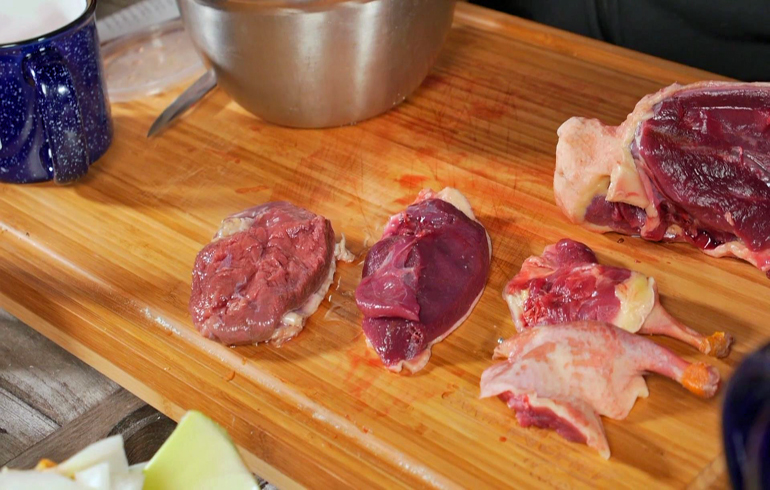
A brine is a mixture of water and salt. You can add other stuff to the brine like granulated garlic or onion and it will add more flavor to the meat, but don’t dilute the water-to-salt ratio. The proper balance of water and salt ensures that the brine passes through the meat. Some folks, myself included, add fresh onions, garlic and other ingredients that make the brine look better, but it doesn’t really add much to the flavor of the cooked bird unless the brine is heated for a while so that the flavors have a chance to blend with the basic brine. After a simmer, make sure that the brine, any brine, is cool before submerging a duck in the liquid. Your brine should be between 34 and 40 degrees. Below 34 degrees is too cold and above 40 degrees invites bacteria to do bad things to the meat.
For every gallon of water, mix in 1 cup of coarse salt, like the standard kosher salt in the blue or red box. Other coarse salts work well, but finely ground table salt should be reduced to 3/4 cup per gallon of water or the brine will be too salty. Since coarse salts don’t usually dissolve readily in cold water, heat a cup or two of the water in a saucepan, mix in the salt, and stir until the salt is completely dissolved. I also add 1 cup of brown sugar, but that’s optional. Add the contents of the saucepan to the remaining cold water and refrigerate until chilled. Place your duck or duck parts in the brine and place the brining container in the refrigerator or in a cooler loaded with ice. Again, do not let the brine go above 40 degrees!
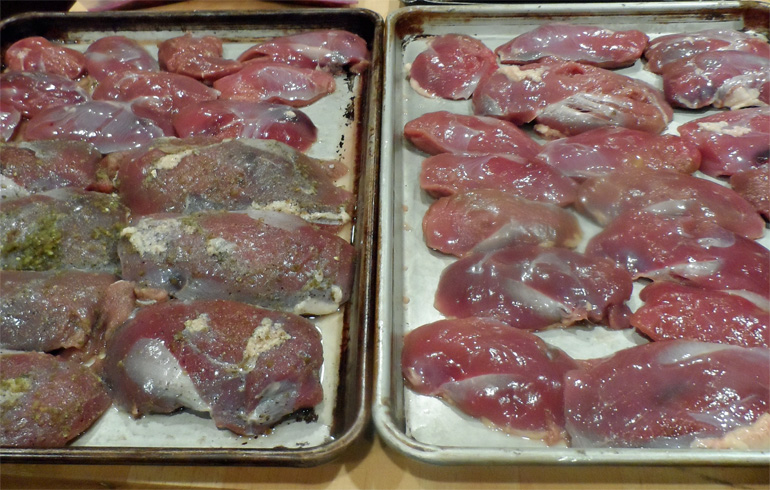
After several hours, the brine will turn bloody, which is good. The brine has done its job. Large, whole birds like mallards should be brined for at least 12 to 15 hours. Twenty-four hours in a brine won’t hurt them, but beyond 24 hours, they’ll get a bit too salty. Duck breast fillets can be brined for six to 12 hours. If you’re short on time, just a few hours in the brine will always help. Once brined, give your ducks a rinse with cold water, pat dry and start your favorite recipe. Since the brine will add a little salt to the meat, reduce the amount of salty seasoning you add before cooking.
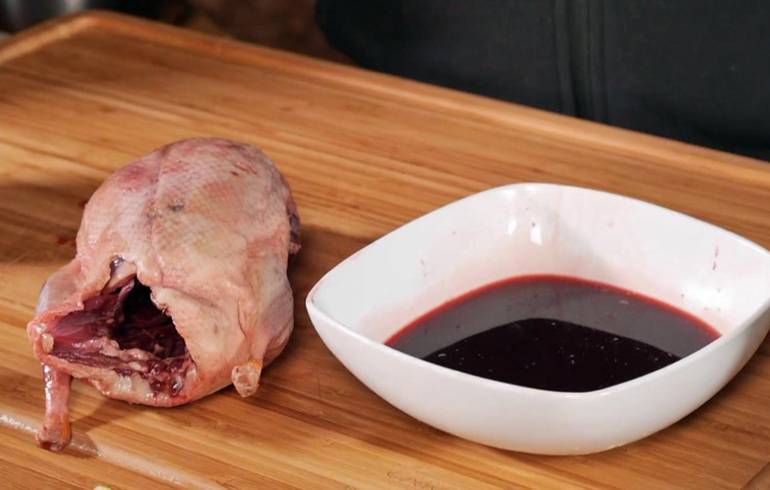
VIDEO. My friend Chef John McGannon of WildEats.com is a regular contributor to “The Sporting Chef” TV show. For years, we’ve argued about what is better for ducks: brining or dry aging. I’m all about brining; John thinks I’m just misinformed. Whether you brine or dry age, either process is infinitely better than starting with a bloody duck. In the video, I show how to use my favorite store-bought brine. John shares his opposing viewpoint.
